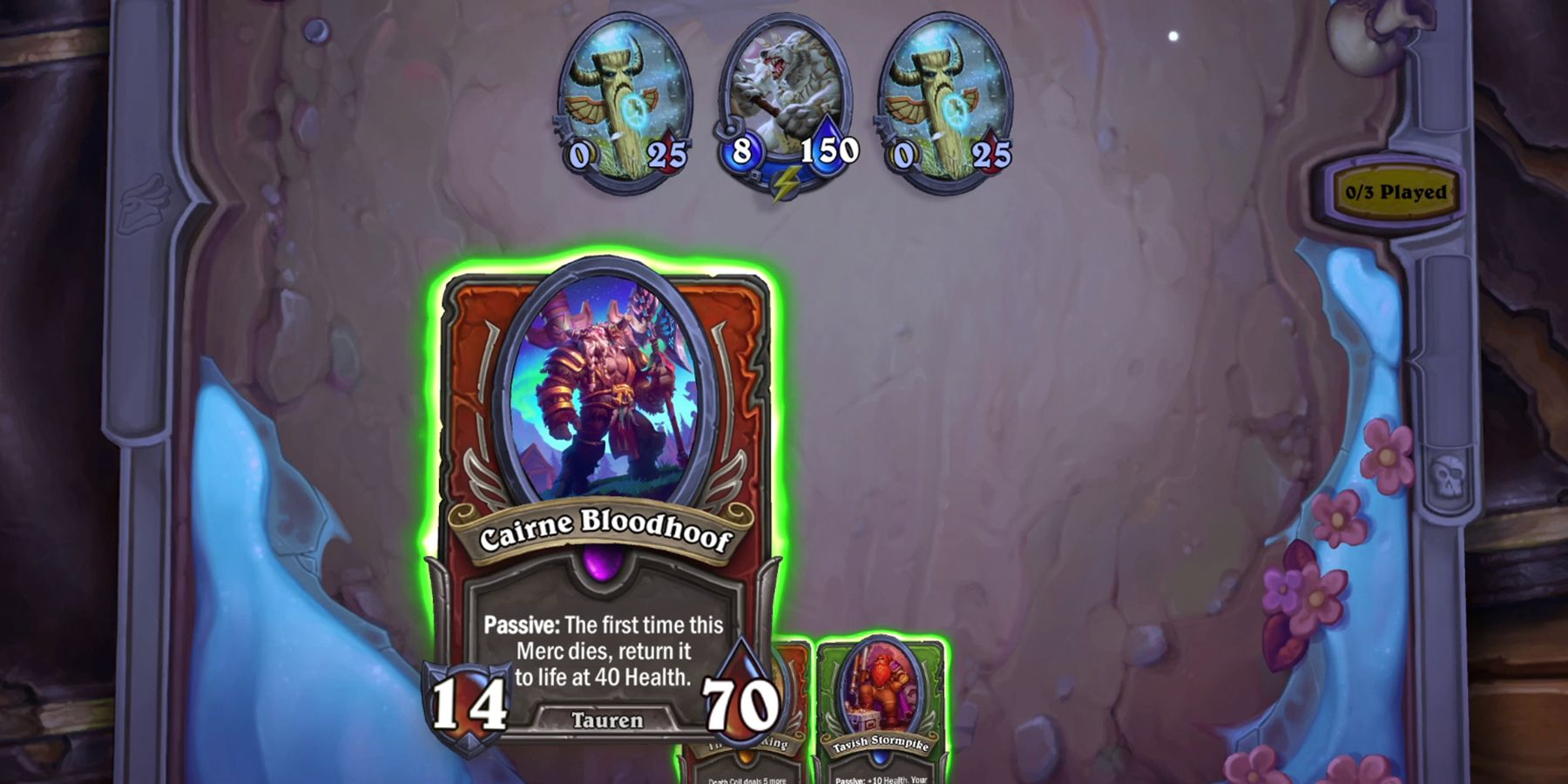Microtransactions in video games have long been a subject of contention, with many people not really having a problem with them and others considering their introduction to have been incredibly detrimental for gamers. For some, the inclusion of intrusive monetization schemes can be a deciding factor in making a purchase, and players don’t hesitate to protest when a game is full of microtransactions like Chocobo GP or Gran Turismo 7. Now blizzarda company that makes a substantial profit from its monetization models, may be hit with a class-action lawsuit over the practice.
GAMERANT VIDEO OF THE DAY
Companies facing unhappy customers and even lawsuits over their monetization choices is not new. In March, one player filed a $5 million lawsuit against Take-Two Interactive for what they consider to be over-the-top microtransactions in NBA 2K22. And Blizzard itself had to contend with another potential lawsuit in 2019, this time over the loot boxes offered in Overwatch. In March of this year, a California court decided that the case, which involved a minor, wouldn’t go to court.
Similarly, another case revolving around a child and monetization is now in the works. An Arizona man, Nathan Harris, has proposed a class-action lawsuit over the card pack microtransactions in Hearthstone. According to the complaint, Harris’ daughter spent over $300 from 2019 to 2021 buying card packs in the game, using her father’s linked credit and debit cards without his knowledge or consent. The lawsuit contends that the child did not understand the low odds of pulling good cards and did not know that the money spent was non-refundable. Furthermore, Harris states that his daughter “almost never received any valuable cards.”
The goal of Harris’ proposed class-action lawsuit is to allow any children who have ever purchased a Hearthstone card pack to join the complaint. Being minors, they should be entitled to a refund of any money spent. The absence of parental controls in the game and the lack of transparency in the actual odds of obtaining rare, powerful, or valuable cards are also a problem. Potentially, this could mean hundreds or even thousands of people joining the suit, which might prove a nuisance but could hardly hurt the gaming giant. A recently released financial report revealed that Activision Blizzard made $5.2 billion from microtransactions and DLC in 2021 alone.
Blizzard has already filed a response to Harris’ complaint and asked that the suit be moved from the California State Superior Court to a US district court. According to the company’s response, damages from the proposed class-action lawsuit could exceed $5 million, thereby justifying the change in venue.
Reimbursement to parents of children who spent large sums of money on loot boxes, card packs, or gacha mechanics is not unprecedented. In February 2022, Ling Cheng Mong was refunded the $20,000 his daughter spent on Genshin Impact microtransactions. This money was reimbursed by the bank that issued the credit card used to make the purchases over a six-week period.
Hearthstone is available on Mobile and PC.
Source: polygon
Twitch Streamer and YouTuber Kika Has Died at Age 21
readnext
About The Author

Pam K Ferdinand
(518 Articles Published)
A long-time fan of survival horror, RPGs of all kinds, and shooters, Pam will try any genre except sports. Favorite series include Silent Hill, God of War, Far Cry, and the Souls games. In her spare time, Pam also dabbles in foreign languages, watercolor painting, and reads way too much fantasy, sci-fi, and horror.
More From Pam K Ferdinand



Comments are closed.